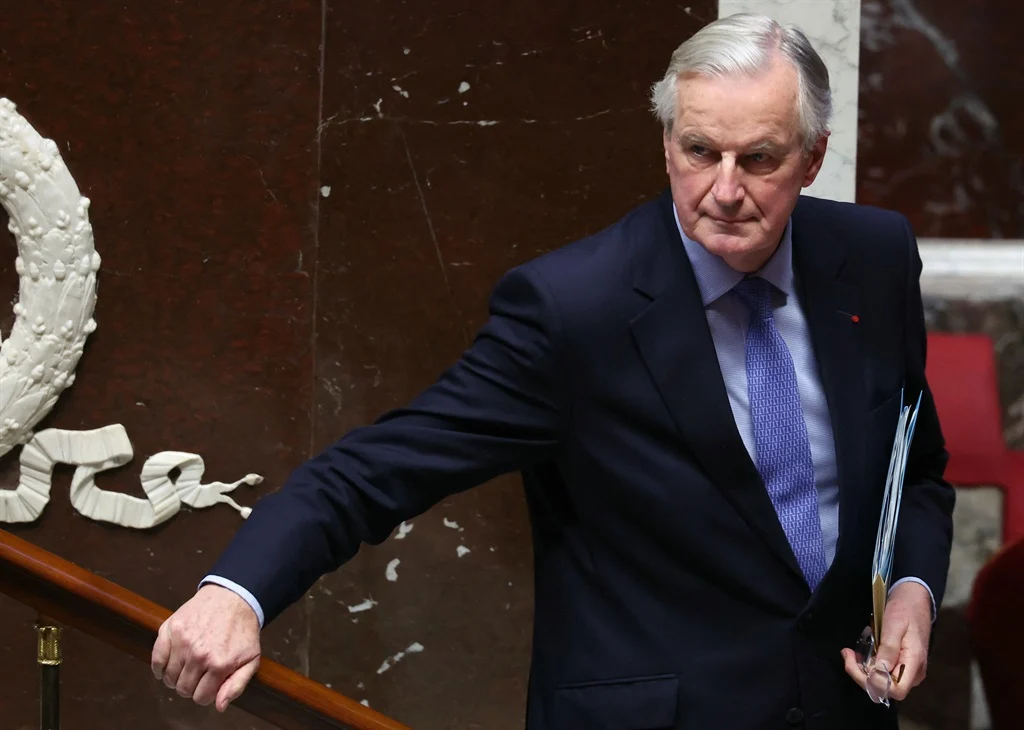French Prime Minister Michel Barnier has resigned after losing a no-confidence vote, marking a historic defeat and intensifying France’s political instability. Barnier’s short tenure ended when 331 of 577 lawmakers voted against his government, which had attempted to push through a controversial budget without parliamentary approval.
This rare parliamentary rebuke, the first of its kind since 1962, has left Barnier’s government in a caretaker role while President Emmanuel Macron works to appoint a successor amid deep political divisions.
The no-confidence motion was fueled by anger over Barnier’s use of a constitutional mechanism to bypass legislative debate on the 2025 budget. His actions united opposition parties on both ends of the spectrum, with the far-left and far-right seizing the opportunity to topple the government.
Marine Le Pen, leader of the far-right National Rally, criticized Barnier’s unwillingness to compromise, while leftist lawmakers called his budget a provocation to French citizens. Barnier’s warnings that his removal would exacerbate the crisis went unheeded as lawmakers overwhelmingly demanded his resignation.

President Macron, who appointed Barnier to lead a minority government after a fragmented snap election, faces immense challenges in addressing the fallout. The split parliament—dominated by three opposing factions—offers little hope for consensus on a new leader.
Macron’s authority has been further diminished by this setback, and he is under growing pressure to find a solution before the government’s December 21 budget deadline. If no budget is passed, emergency measures may be required to maintain fiscal operations.
The financial stakes are high, with France’s debt nearing 111% of GDP and borrowing costs climbing amid concerns over political instability.
Barnier’s €60 billion budget proposal, featuring unpopular tax hikes and spending cuts, had aimed to reduce the deficit but was met with resistance from lawmakers across the spectrum. This financial strain is compounded by the lingering effects of the COVID-19 pandemic and the energy crisis following Russia’s invasion of Ukraine.
As Macron prepares to address the nation, his weakened position complicates the remaining years of his presidency. Calls for his resignation are mounting, with Le Pen and others likely to use this crisis to push their agendas.
Without the possibility of another snap election before June, Macron must work within a divided parliament to secure leadership and fiscal stability, while facing growing public discontent and diminished influence on the international stage.


